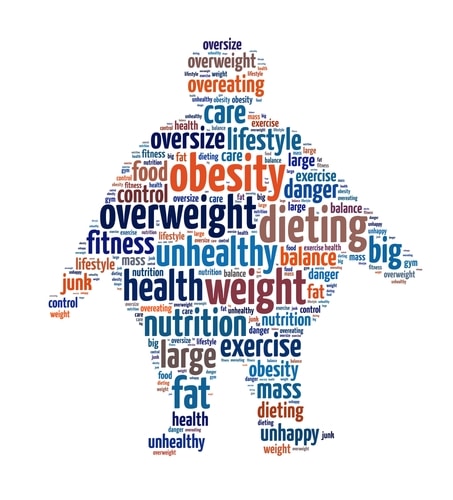
Obesity: Is It Reversible?
Researchers at the University of Michigan and the National Council of Science and Technology made an interesting discovery. They found the longer mice were obese, the less likely they were to lose the extra pounds. Using specially-bred mice that allowed them to control their level of hunger at different stages during their life cycle, they took a closer look at this phenomenon. Here’s what they found.
During early life, turning off the desire of the mice to eat was protective against obesity later in life. If the mice at a healthy diet and maintained a normal body weight into early adulthood, they were able to avoid significant weight gain after that even without dieting. On the other hand, mice that overate gained weight and stayed at that higher weight for a long period of time had difficulty getting down to their ideal body weight again even after their appetite was “switched off” genetically and they became more active.
What Does This Mean?
One reason why weight loss is so challenging when you’re overweight or obese for a long time relates to the idea of set point. When mice, and possibly humans too, become overweight or obese and maintain it for a long period of time, it may change their set point to a higher weight that their body tries to maintain. In other words, this higher weight becomes the new “norm” that their body fights to keep by adjusting hormones, appetite level and the desire to be active.
Set point is one theory as to why it’s so difficult to maintain weight loss. If you cut back on calories or increase your activity level, you initially lose weight, but eventually, your body “rebels” against this drop in energy stores and makes the physiological changes necessary to bring your weight back to its set point. That’s why it’s so hard, but not impossible, to lose a significant amount of weight and keep it off. Being overweight for a long period of time may adjust a person’s genetically-determined set point to a higher weight.
Based on this new study, assuming it applies to humans, the longer you’re overweight or obese, the more difficult it may be to lose those extra pounds. This is especially troubling for kids who become overweight or obese early in life and stay that way throughout childhood. Taking the weight off during adulthood could be particularly challenging due to their higher set point.
Whether or not this study applies to humans is uncertain, but it shouldn’t be a source of discouragement. There are people who are obese and successfully lose weight and maintain their weight loss. One commonality among “successful losers” is most of them exercise. High-intensity exercise in the form of interval training and strength-training seems to work best for long-term weight maintenance. Strength-training builds lean body mass, and muscle is more metabolically active than fat. This gives your metabolism a subtle boost that helps with long-term weight maintenance.
The Bottom Line?
There may be a time element when it comes to successful weight loss and maintenance. Taking action early to correct obesity may offer some advantages when it comes to weight maintenance. That’s why it’s not smart to say, “I’ll lose weight one of these days.” Take action by eating a clean diet and begin a fitness program that emphasizes interval training and strength-training – the earlier, the better.
References:
Reuters. “Fat and getting fatter: U.S. obesity rates to soar by 2030”
Science Daily. “Is Obesity Irreversible? Timing is Key in Weight Loss”
Journal of Clinical Investigation, 2012; DOI: 10.1172/JCI62543.
International Journal of Obesity. (2007) 31, 204-212.
Related Articles by Cathe:
Gender Fat Loss Differences: Do Men Have an Easier Timing Losing Body Fat?
Is Staying Lean Harder Than It Was 30 Years Ago?
Are There More Overweight Women or Overweight Men?
Body Weight Misperceptions: Not All Obese People Think They Weigh Too Much
Why is the Obesity Problem Growing Faster in Women than Men?

